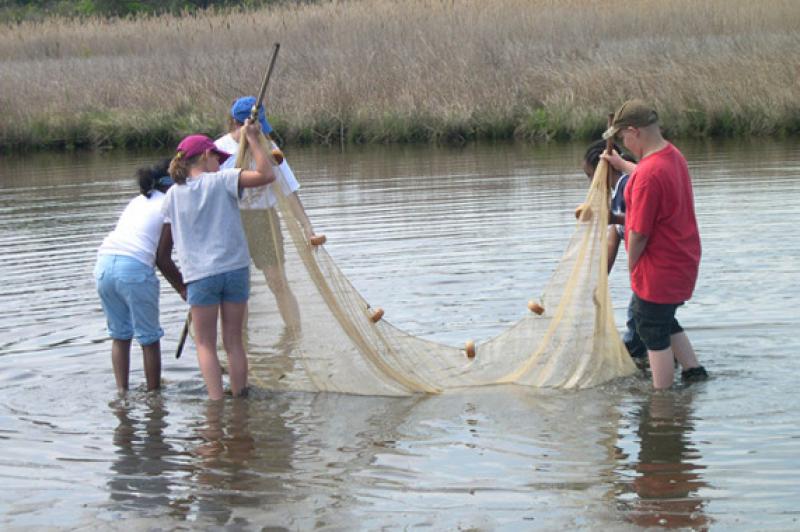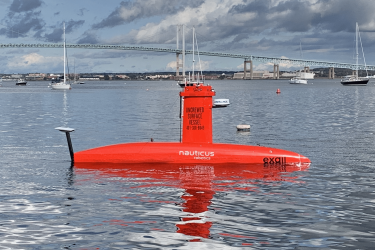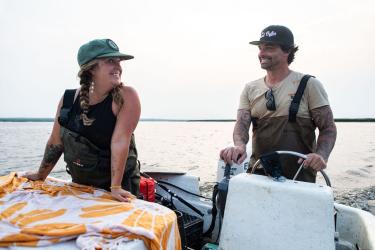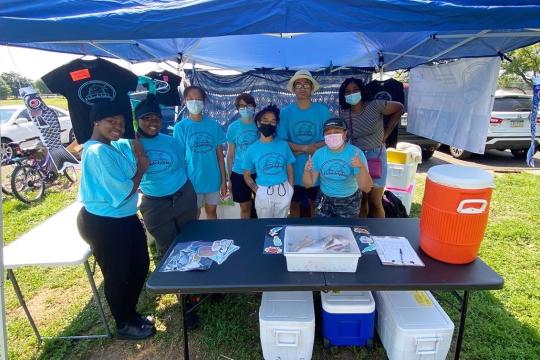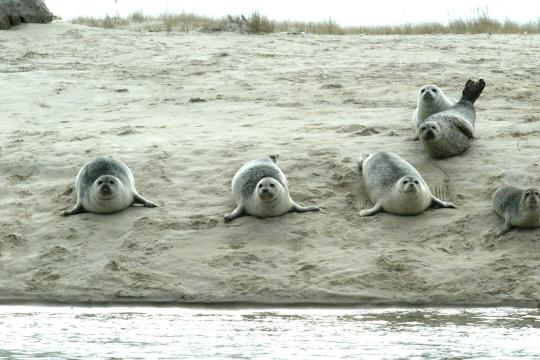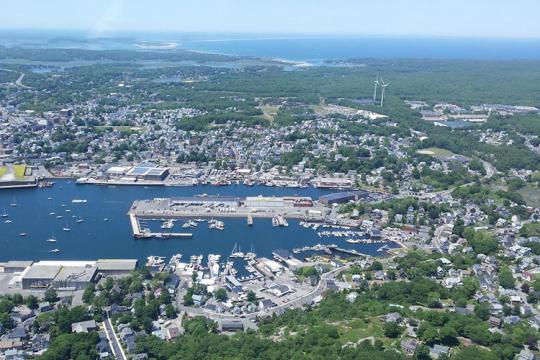Educators around the Chesapeake Bay frequently hear the call, “mee-wee! mee-wee!” That’s not the call of the ospreys as they return to the area each spring (that’s more like “kew! kew! kew!" after all)—instead, it’s a driving educational principle that helps connect students with their watershed.
The meaningful watershed educational experience—MWEE—brings field and classroom learning together to increase environmental literacy. Through these innovative programs, students gain knowledge and learn the importance of considering their ecosystem as they make a lifetime of making decisions.
The Chesapeake Bay Program, in which NOAA is a partner, has set having every student in the watershed dive in to a MWEE at least once each in elementary, middle, and high school as an important component of its environmental literacy goal.
The MWEE has a specific framework that can seem complex—so the Bay Program and NOAA provide information to help educators design and implement these learning experiences. "An Educator’s Guide to the Meaningful Watershed Educational Experience" introduces formal and nonformal educators to how they can use MWEEs.
In addition, a new online course, “MWEE 101,” available at NOAA’s Chesapeake Exploration environmental education training hub, gives them an even deeper dive. The free training introduces educators to the pedagogy behind MWEEs, describes the essential elements and practices of MWEEs, and includes tips and processes to make MWEEs happen in their setting.
Education experts are working on additional features for the course—coming soon will be state-specific modules that feature specifics such as state academic standards and information on local partners and resources for their projects.
In addition to leading the development these resources, the NOAA Chesapeake Bay Office continues its popular Bay Watershed Education and Training (B-WET) grant program to support MWEEs around the watershed.
